Indigenous Governance Database
data governance
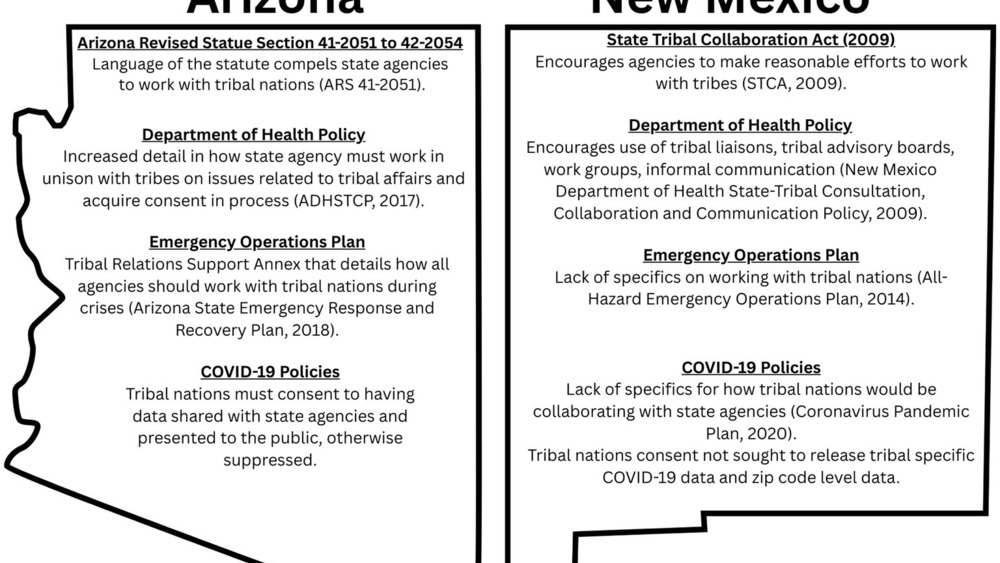
Reaffirming Indigenous data sovereignty in New Mexico as a result of COVID-19
Despite New Mexico’s history of working with and enhancing collaboration with the 23 Tribes in the state, data sharing and collaboration with Tribes was poor during the COVID-19 pandemic. New Mexico’s policies of state collaboration with Tribes conflicts with the principles of Indigenous Data…
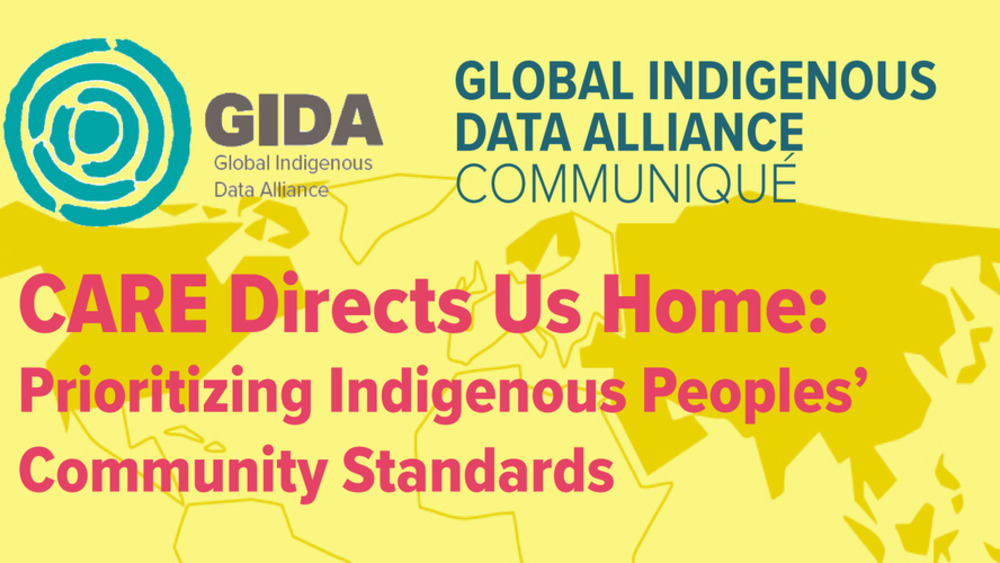
CARE Directs Us Home: Reclaiming Indigenous Authority Over Data
In 2019, the Global Indigenous Data Alliance (GIDA) developed and published the CARE Principles for Indigenous Data Governance (Collective Benefit, Authority to Control, Responsibility, Ethics) to complement the FAIR principles for open scientific data management (Findable, Accessible,…

Rigorous and Systematic Qualitative Data Analysis in Biological Anthropology
Biological anthropologists have long engaged in qualitative data analysis (QDA), though such work is not always foregrounded. In this article, we discuss the role of rigorous and systematic QDA in biological anthropology and consider how it can be under- stood and advanced. We first establish what…
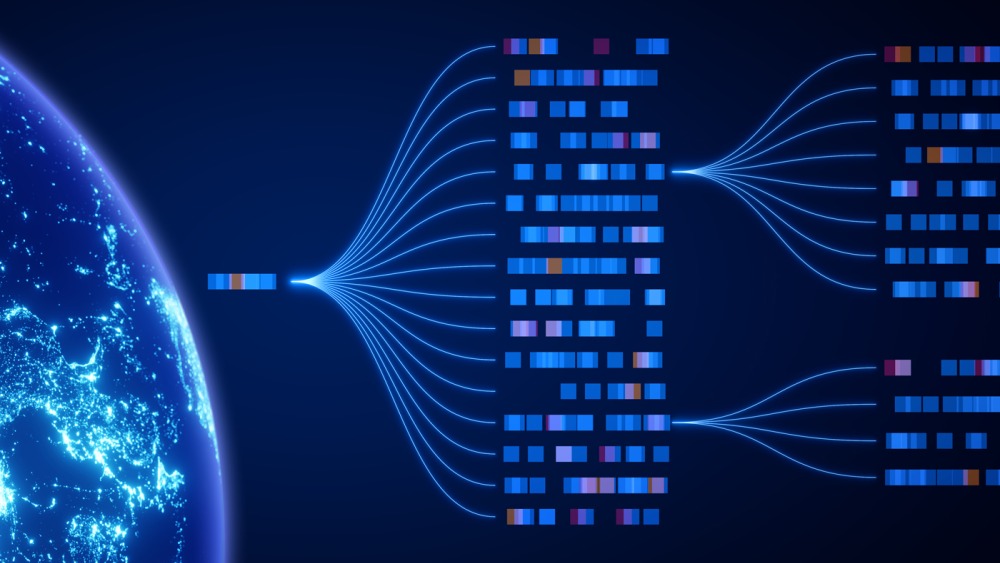
Common Rule Revisions to Govern Machine Learning on Indigenous Data: Implementing the Expectations
We agree with Chapman et al. that the Common Rule needs revision, particularly regarding the application of artificial intelligence and machine learning (AI/ML) in health research with Indigenous Peoples. Without greater consideration of collective harms in human subjects research, this…
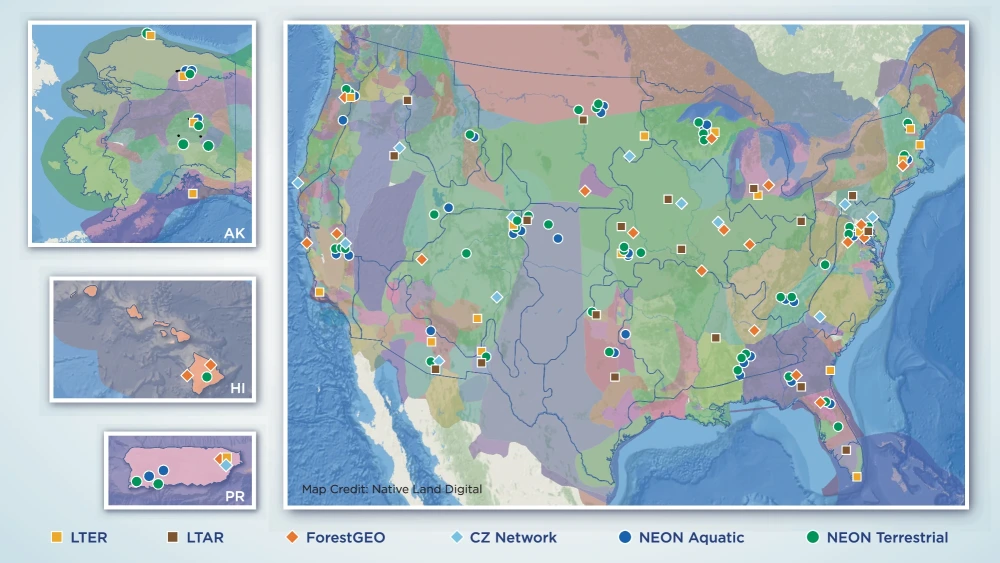
Governance of Indigenous data in open earth systems science
In the age of big data and open science, what processes are needed to follow open science protocols while upholding Indigenous Peoples’ rights? The Earth Data Relations Working Group (EDRWG), convened to address this question and envision a research landscape that acknowledges the legacy of…
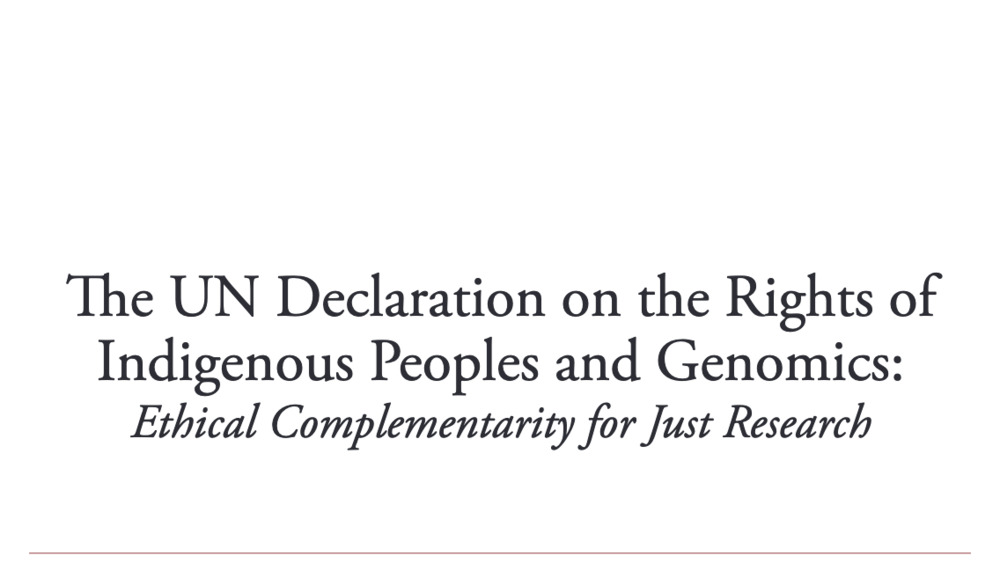
The UN Declaration on the Rights of Indigenous Peoples and Genomics: Ethical Complementarity for Just Research
Governance of biomedical research in the United States has been characterized by ethical individualism, a mode of reasoning that treats the individual person as the center of moral concern and analysis. However, genomics research raises ethics issues that uniquely affect certain genetically related…
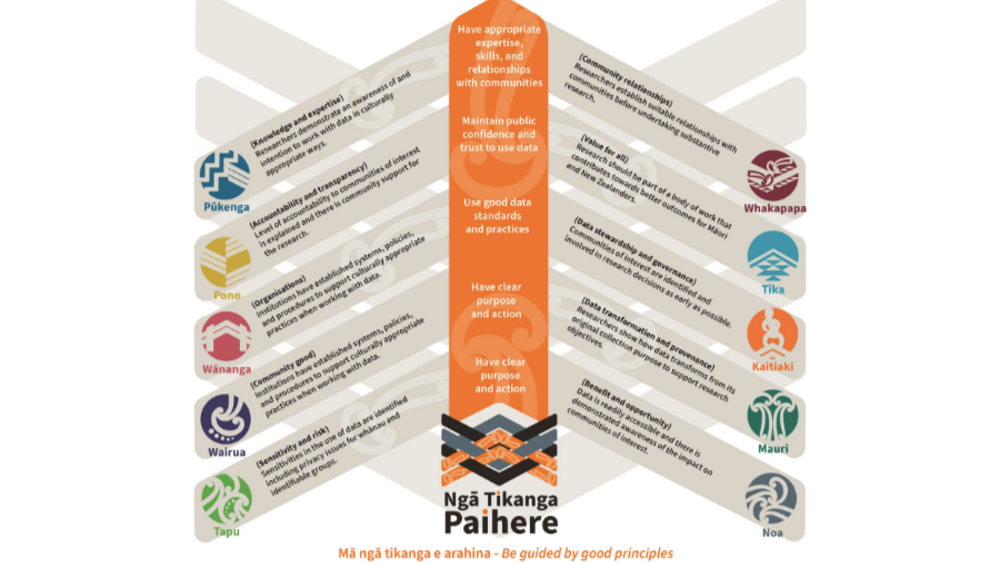
Aligning policy and practice to implement CARE with FAIR through Indigenous Peoples’ protocols
In 2019, members of the Global Indigenous Data Alliance (GIDA) published the CARE Principles (Collective Benefit, Authority to Control, Responsibility, and Ethics) for Indigenous Data Governance (IDGov). CARE has since been referenced, leveraged, and adopted in various ways across disciplines and…
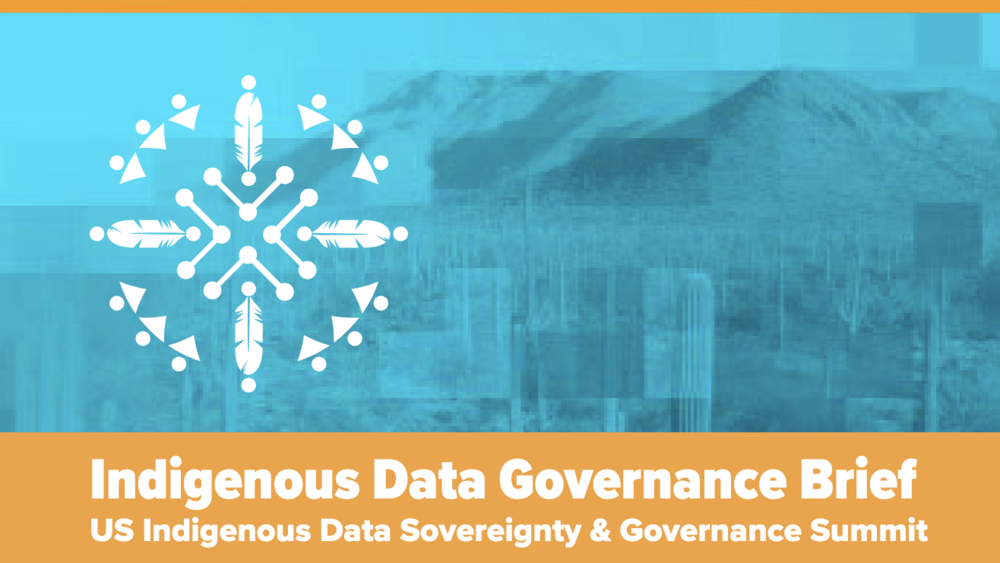
Indigenous Data Governance Brief
This Brief reports on the “Tribal Leaders and Indigenous Scholars Workshop” and the “Action Planning and Forward Thinking Session” held at the Indigenous Data Sovereignty and Governance Summit convened by the US Indigenous Data Sovereignty Network (USIDSN) on the lands of the Pascua Yaqui Tribe and…
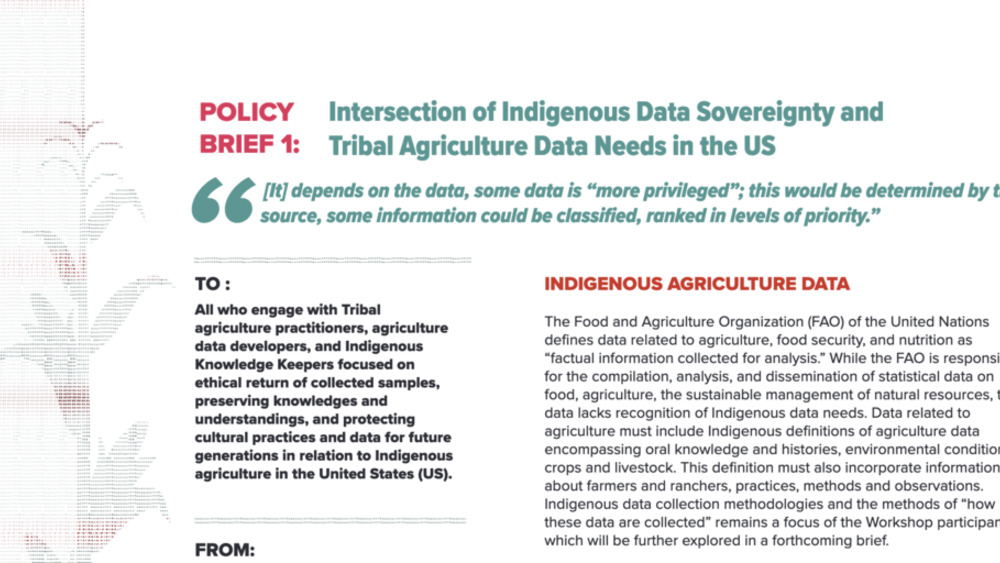
Intersection of Indigenous Data Sovereignty and Tribal Agriculture Data Needs in the US
Indigenous Peoples have always been agriculture data developers and keepers. Acknowledging the importance of Indigenous agriculture data to communities, an eight member Indigenous steering committee representing eight different Tribal Nations throughout the United States (US) designed and…
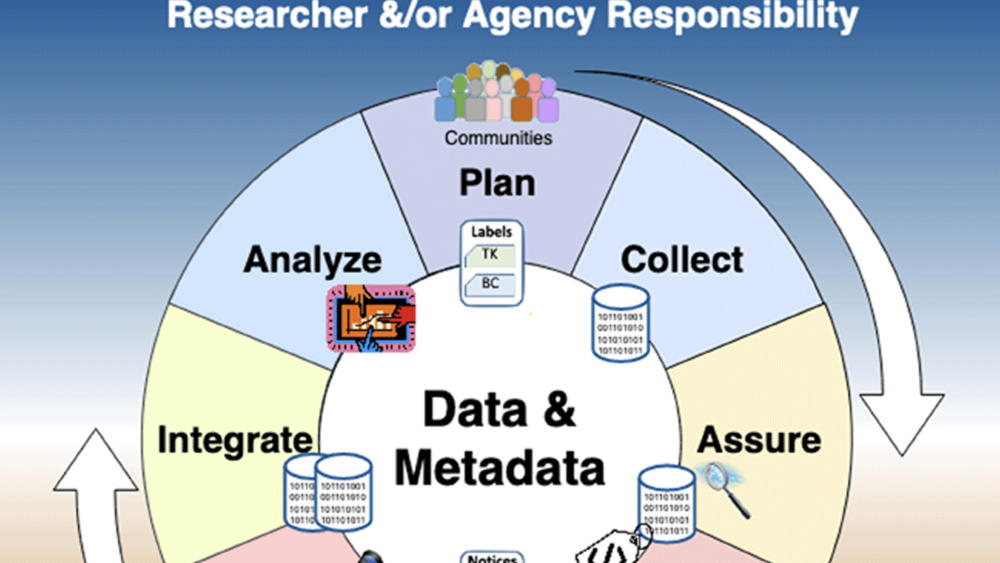
Earth Science Data Repositories: Implementing the CARE Principles
Datasets carry cultural and political context at all parts of the data life cycle. Historically, Earth science data repositories have taken their guidance and policies as a combination of mandates from their funding agencies and the needs of their user communities, typically universities, agencies…
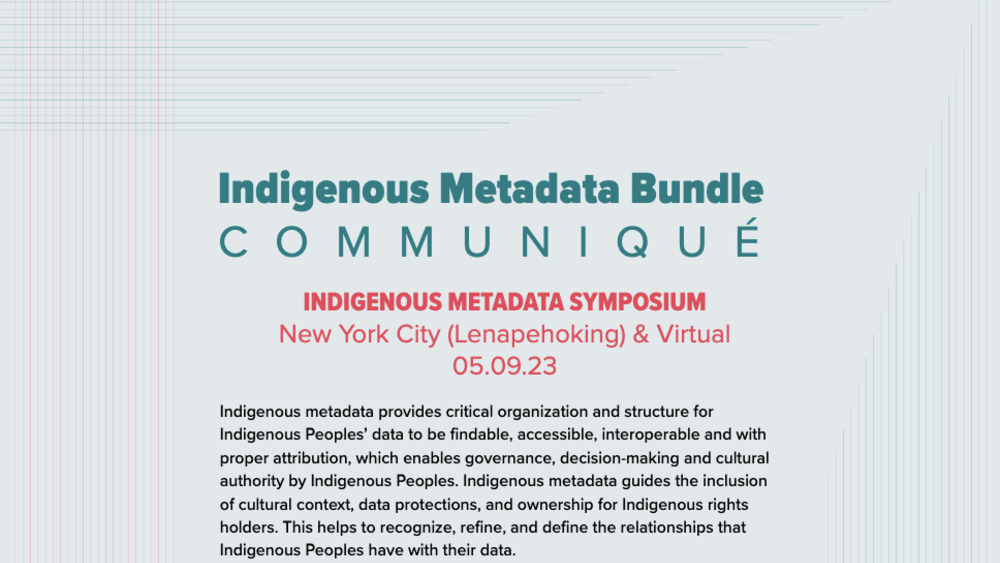
Indigenous Metadata Bundle Communiqué
Indigenous metadata provides critical organization and structure for Indigenous Peoples’ data to be findable, accessible, interoperable and with proper attribution, which enables governance, decision-making and cultural authority by Indigenous Peoples. Indigenous metadata guides the inclusion of…
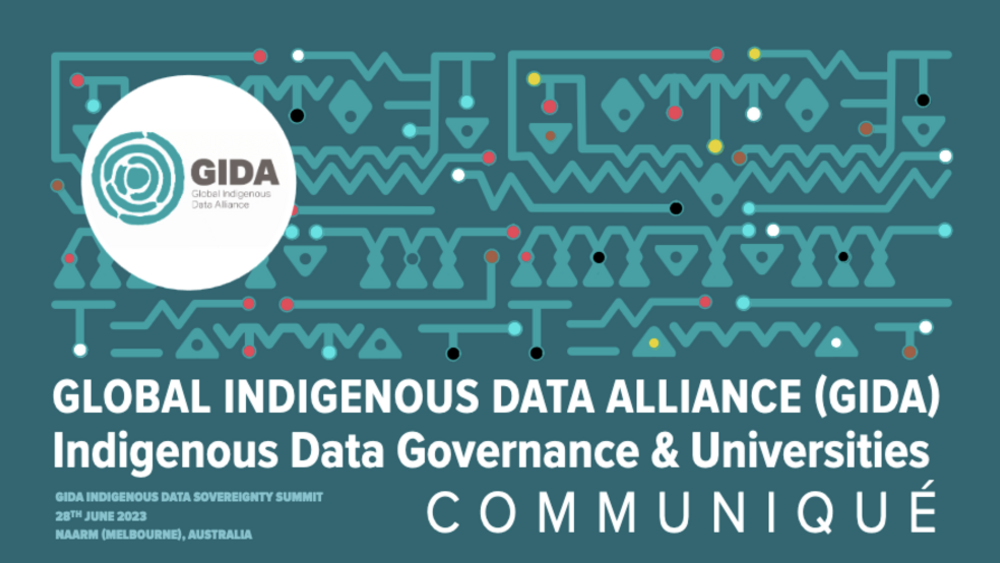
Indigenous Data Governance and Universities Communiqué
Universities create, use, and hold enormous amounts of Indigenous data. These data range from old historical records to contemporary large datasets, including Open Data2 and the data underpinning emerging Artificial Intelligence (AI) Technologies. Indigenous Peoples’ data include information about…
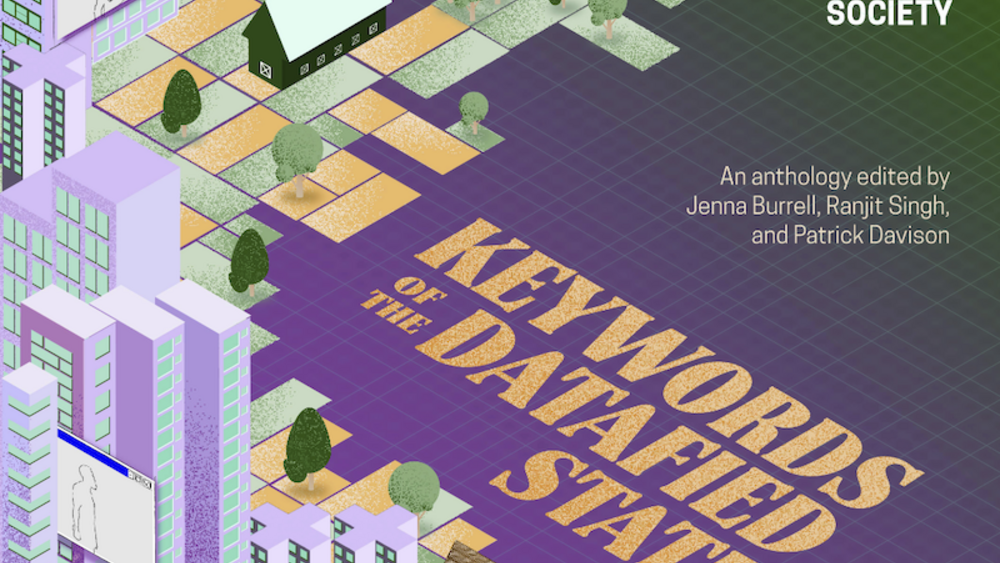
Keywords of the Datafied State: Indigenous Data Sovereignty
Indigenous Data Sovereignty (IDSov) upholds the rights of Indigenous Peoples, communities, and Nations to “govern the collection, ownership, and application” of datasets created with or about Indigenous communities, Indigenous Lands, and the community’s non-human relations. IDSov shifts from…
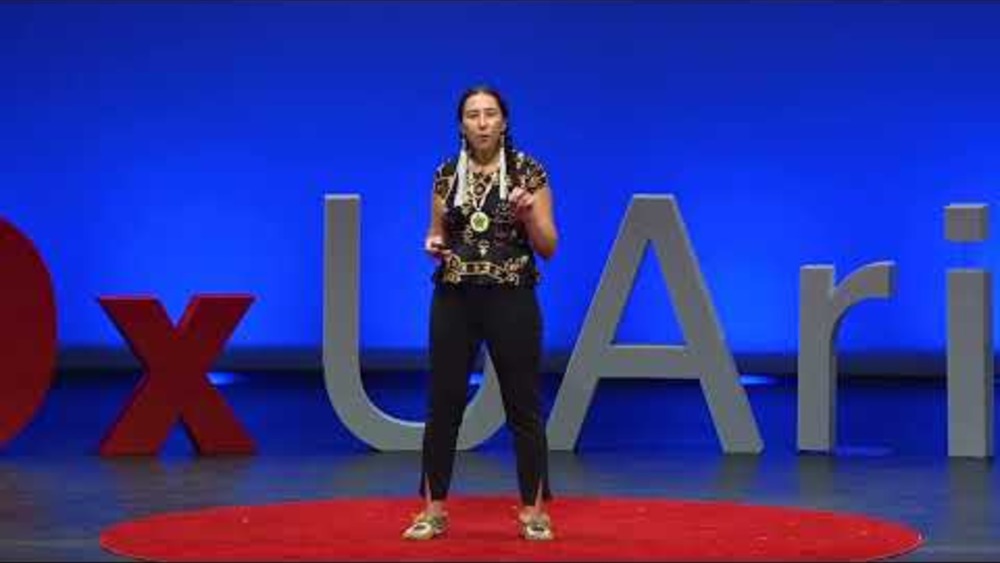
Indigenous Peoples Breathing Data Back | Stephanie Russo Carroll | TEDxUArizona
Indigenous peoples have been successfully working with data for millennia, and Dr. Stephanie Russo Carroll posits a way to bring “databack” into relationship with our messy, 3D, colonized world at TEDxUArizona. Discover the power of Indigenous Data Sovereignty and its role in reconnecting…
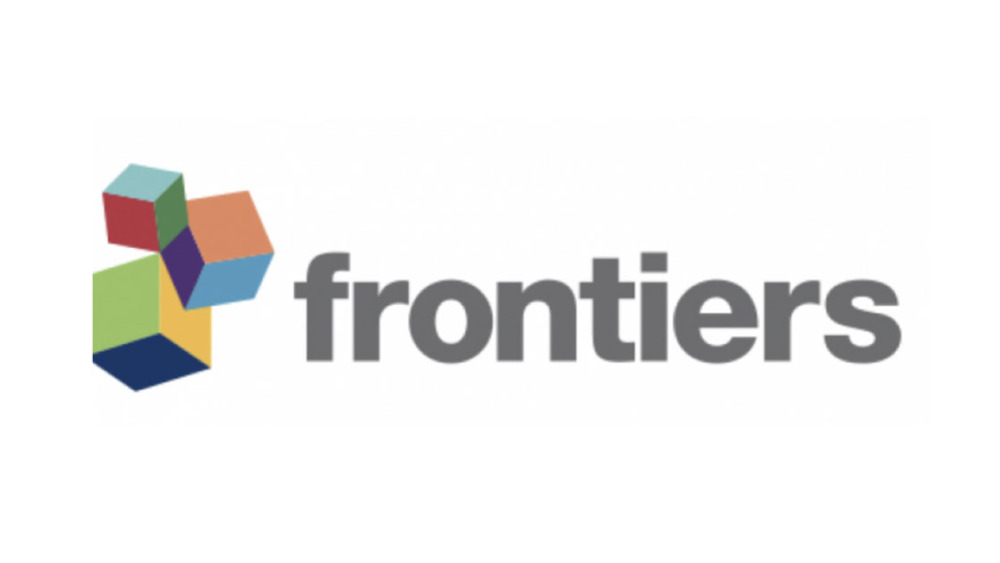
Genetic Research with Indigenous Peoples: Perspectives on Governance and Oversight in the US
Indigenous Peoples are increasingly exerting governance and oversight over genomic research with citizens of their nations, raising questions about how best to enforce research regulation between American Indian, Alaska Native, and Native Hawaiian peoples and researchers. Using a community-engaged…

Indigenous Peoples and research: self-determination in research governance
Indigenous Peoples are reimagining their relationship with research and researchers through greater self-determination and involvement in research governance. The emerging discourse around Indigenous Data Sovereignty has provoked discussions about decolonizing data practices and highlighted the…
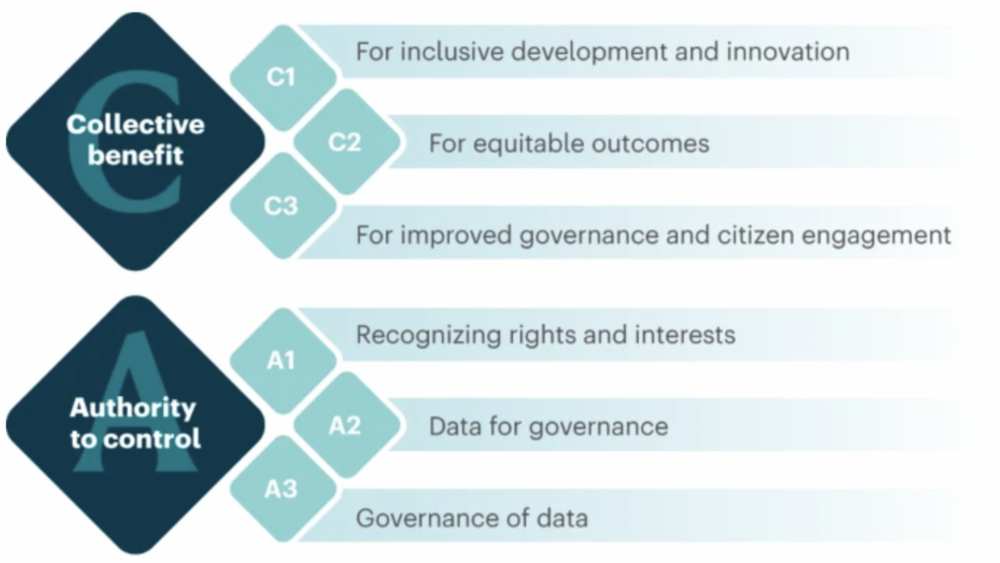
Applying the ‘CARE Principles for Indigenous Data Governance’ to ecology and biodiversity research
Indigenous Peoples are increasingly being sought out for research partnerships that incorporate Indigenous Knowledges into ecology research. In such research partnerships, it is essential that Indigenous data are cared for ethically and responsibly. Here we outline how the ‘CARE Principles for…

Life and times of data access: Regarding Native Lands
It is challenging to understand the full and detailed story of Native People’s lands in the United States. In this article, we contend that reliable and accessible data regarding Native People’s lands complicate and perpetuate those challenges. Stemming from the implications of colonial ideologies…

Indigenous Peoples' Rights in Data: a contribution toward Indigenous Research Sovereignty
Indigenous Peoples' right to sovereignty forms the foundation for advocacy and actions toward greater Indigenous self-determination and control across a range of domains that impact Indigenous Peoples' communities and cultures. Declarations for sovereignty are rising throughout Indigenous…
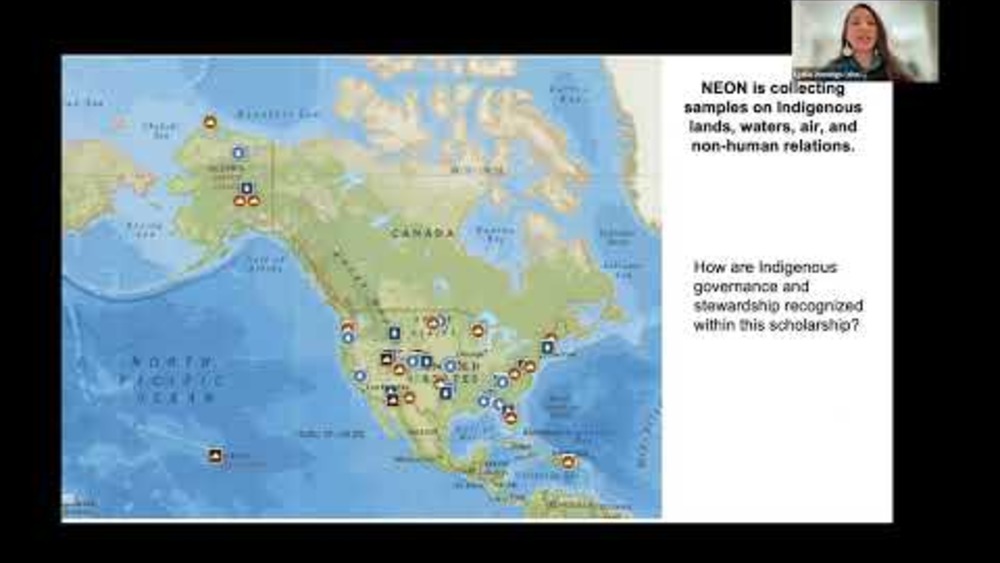
Science Seminar: Implementing the CARE Principles in Open Data Repositories
Image The people and purpose-oriented CARE Principles (Collective Benefit, Authority to Control, Responsibility, and Ethics) reflect the crucial role of data in advancing innovation, governance, and self-determination among…
